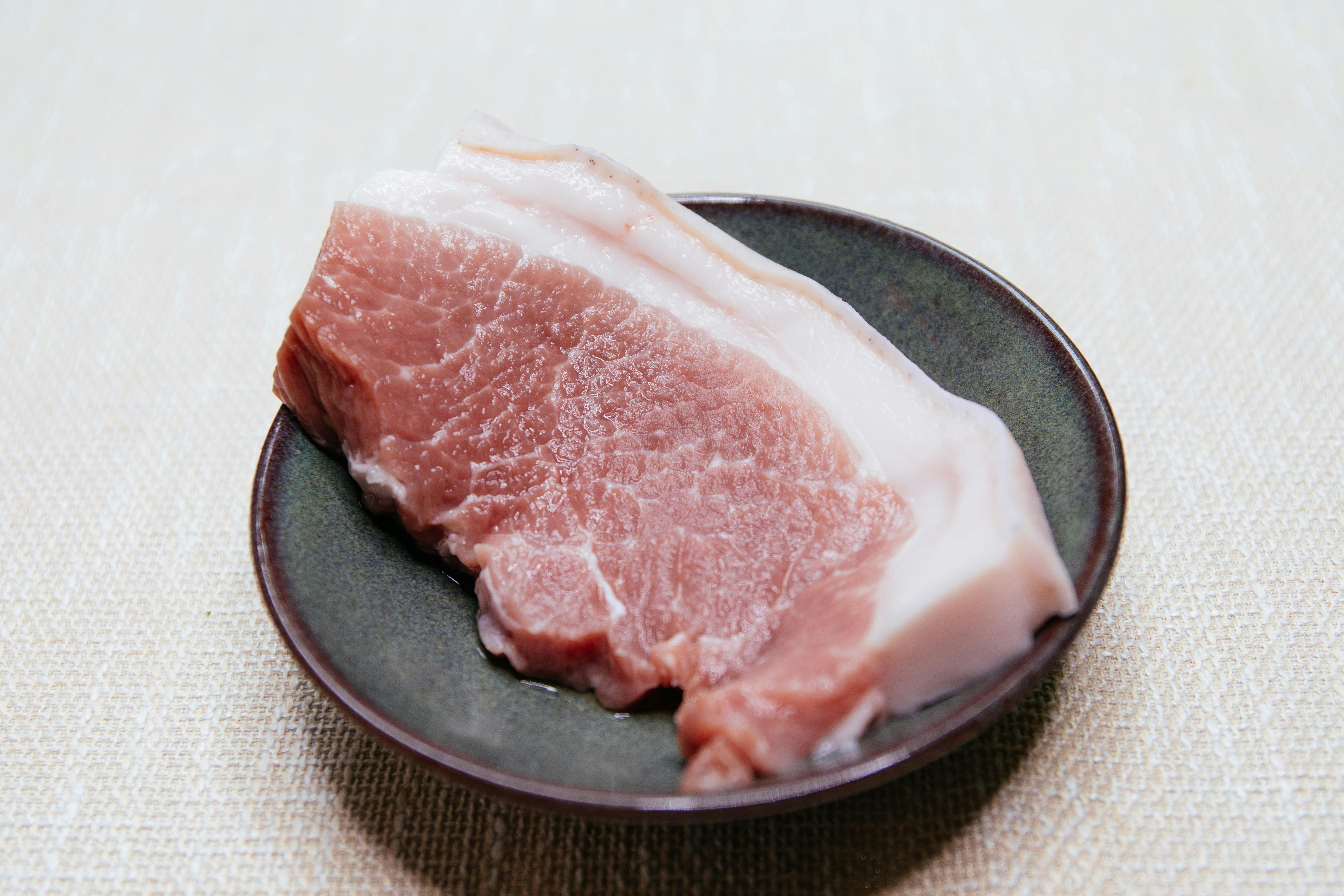The Carnivore Diet: Pros, Cons, and What You Should Know
The carnivore diet has gained traction in recent years, often praised on social media for rapid results and dramatic health claims. At its core, this diet is exactly what it sounds like: eating only animal products—primarily meat, fish, and sometimes eggs and dairy. While it may sound straightforward, the reality is far more complex.
As with any highly restrictive eating plan, the carnivore diet comes with both potential benefits and serious drawbacks. At Valley Weight Loss, we believe in equipping our patients with the full picture so they can make informed decisions about their health.
Potential Benefits of the Carnivore Diet
1. Weight Loss Potential
Because the carnivore diet is naturally high in protein and completely eliminates carbohydrates, many people report feeling fuller for longer. This often translates into lower calorie intake, which can result in weight loss .
2. Blood Sugar Regulation
By removing carbs altogether, blood sugar levels may stabilize. For individuals with type 2 diabetes or insulin resistance, this can sometimes reduce the need for medication—though it’s important to do this only under medical supervision .
3. Reduced Inflammation (Anecdotal)
Some advocates claim improvements in inflammation and autoimmune symptoms. The reasoning is that by removing all plant foods, potential dietary irritants are eliminated .
4. Nutrient Density from Animal Sources
Animal products supply protein, iron, zinc, and B vitamins—especially vitamin B12, which is essential for nerve and blood health .
Significant Drawbacks and Risks
1. Lack of Essential Nutrients
Cutting out all plant-based foods means losing out on:
- Fiber, which supports digestive health, gut microbiome balance, and heart protection.
- Vitamin C, crucial for immunity and tissue repair.
- Antioxidants and phytochemicals, which reduce chronic disease risk .
2. High in Saturated Fat and Sodium
Depending on the type of meat chosen, this diet can be heavy in saturated fats and cholesterol. Processed meats, often relied on for variety, bring high sodium levels that raise the risk of high blood pressure and kidney issues
Carnivore_Diet_Pro-Cons
.
3. Long-Term Health Concerns
Doctors and nutritionists worry that a steady intake of red and processed meats, without protective plant foods, may raise the risk of certain cancers, including colorectal cancer
Carnivore_Diet_Pro-Cons
.
4. Difficulty and Sustainability
The strictness of the carnivore diet makes it difficult to follow socially and emotionally. Many who try it regain lost weight once they return to a more balanced way of eating
Carnivore_Diet_Pro-Cons
.
5. Limited Scientific Evidence
While personal testimonials are abundant, controlled, long-term studies are lacking. At this stage, much of the evidence for the carnivore diet is anecdotal
Carnivore_Diet_Pro-Cons
.
VWL’s Perspective
At Valley Weight Loss, we emphasize sustainable, evidence-based approaches that not only help you lose weight but also protect your long-term health. While the carnivore diet may deliver short-term results for some, it also carries nutritional gaps and health risks that can’t be overlooked.
Before starting any restrictive diet—especially one as extreme as carnivore—we strongly encourage you to consult with a healthcare professional. Your health is more than just a number on the scale; it’s about building habits that support your body today and in the years to come.







